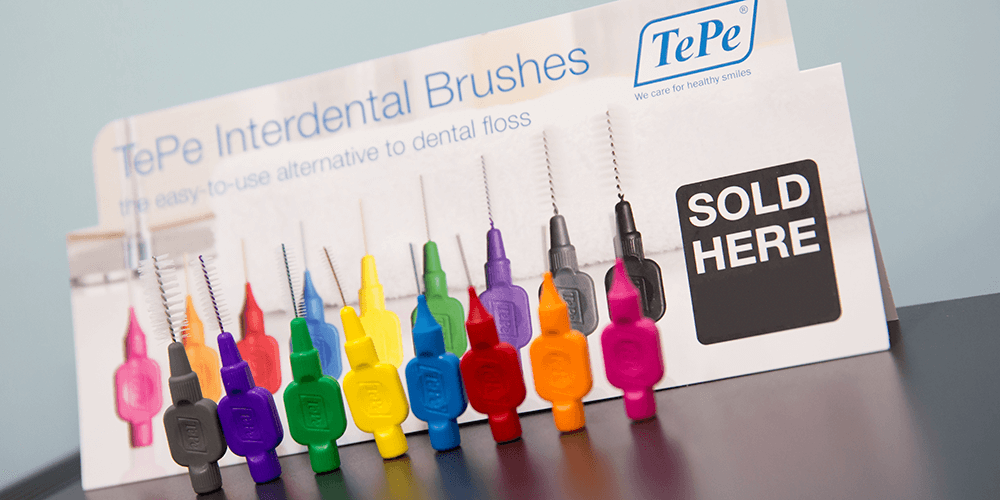Is brushing enough?
27 August 2014

Annette Pagdin, our Dental Therapist at Redmires Dental Care, explains the importance of thorough cleaning.
Effective dental plaque removal is the key to a lovely clean mouth, better scores recorded by your dentist, fresh breath – and a significant reduction in nagging from the dental hygienist – to list a few benefits.
Plaque is a sticky film that is constantly forming on your teeth, made up of food particles, cells and lots of bacteria. It is visible to the naked eye after a couple of days of no oral hygiene measures. This means that if you are regularly missing cleaning an area in your mouth it is not long before plaque is thickening, attracting more bacteria and as a consequence makes your gums react in self defence by becoming red, inflamed and prone to bleeding.
Bleeding gums (gingivitis) is one of the few signs that you have gum disease and should not be ignored. It is not until your gums begin to recede that gum disease is more noticeable. By this stage the bone which supports your teeth is also making a disappearing act leaving you looking ‘long in the tooth’ and the risk of wobbly teeth and early tooth loss is increased.
The good news is that gum disease is preventable and even if bone loss (periodontal disease) has begun it can be stopped in progressing by yes… you guessed it, good oral hygiene.
When you visit the dentist or hygienist, there is one question you are almost certain to hear: “Have you been flossing regularly or using your tepe brushes?” Many people make a point of brushing their teeth twice a day, but fewer people follow the recommendation to clean in between the teeth at least once a day.
Unlike a toothbrush, which cleans the tops and outer surfaces of the teeth and gums, floss and interdental brushes are designed specifically to clean the tight spaces between the teeth and the gap between the base of the teeth and the gums. These are places that a toothbrush cannot reach, food gets trapped and plaque forms that you cannot see. Whilst rinsing with an antimicrobial mouthwash can kill the bacteria that form plaque, it will not remove the plaque hiding in these areas.
If you want to keep your teeth for life, have a healthy smile and fresh breath follow the advice given by the dental team or ask how you can improve your oral hygiene routine.
Annette Pagdin RDH, RDT
